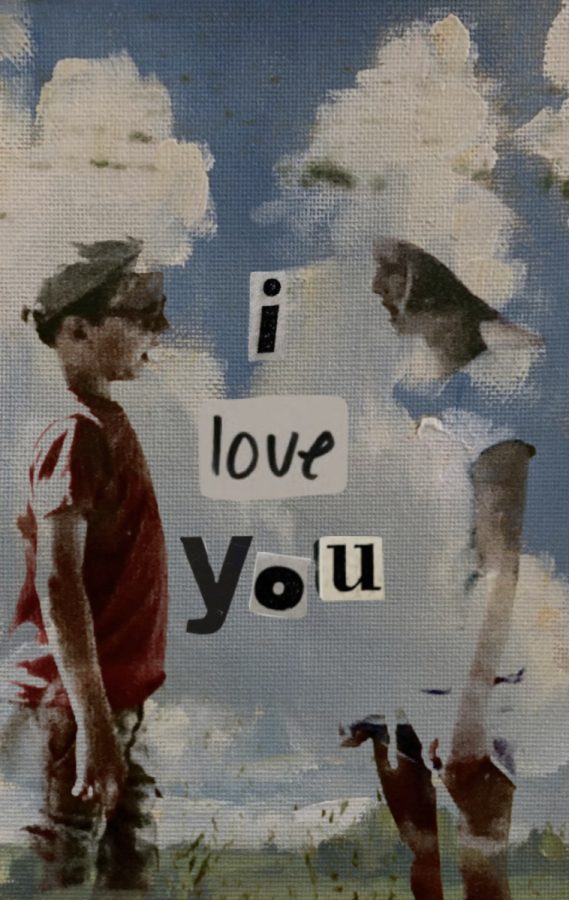I love you
Why three words mean so much
Photo by Delia Brandel
When we say “I love you” to the people in our lives, what does it mean, really?
When we say “I love you” to the people in our lives, what does it mean, really? I say it all the time. Even when the way I convey it isn’t clear or concise and most of the time I don’t say it outright.
For whatever reason, it comes out in “I’m so happy I met you” or “make sure to text me when you get home” or “is it okay if I stay for a little longer?”
The Etymology Nerd writes that the word “love” is derived from a Proto-Indo-European word “leubh,” meaning care or desire.
So what makes “I love you” so much different from “I care for you” or “I have a desire for you?”
Saying “I love you” can be a substitute for a million other things we don’t say to the people closest to us. Sometimes it can be used as a promise, other times like a bandaid on a bullet wound.
But when someone says “I love you,” it can stop you dead in your tracks. It can ruin relationships or allow them to step into a new level of intimacy.
So what makes “I love you” so different from any other terms of endearment?
The truth of it is — the phrase “I love you” is something you can’t say flippantly in our culture. Americanized love comes with a weight and a promise, while other cultures are prone to the use of “I love you” more.
After researching online forums and several interviews, it seems the difference is that saying those three short words is a boundary to cross. It signifies a step up in the level of commitment and serious nature of the relationship.
The feeling of love is its own animal. One of my personal favorite conversations with people is to ask them where in their body they feel love.
For some, they feel it in their stomach, chest or throat. The feeling of love manifests itself within our physical form, the same way that sadness, anger or happiness have the same effect.
Harvard writer Katherine Wu wrote about the three categories of a romantic connection: lust, attraction and attachment.
Love has been known to activate higher levels of dopamine, serotonin and norephedrine. Interestingly, norephedrine is known to trigger out fight or flight response, giving a bit of an answer to why some run away from intimacy without a real known reason.
On the other side of this debate, many argue that we use the phrase excessively in our Americanized culture.
Four Chinese students at the International Journal of Society, Culture and Language ran a study on the use of the phrase “I love you” in the American Context.
Within the 92 participants asked, 59 (64%) use the phrase “I love you” one to four times a day.
So how do we bring back the most basic and useful meaning of the phrase? We need to break the meaning down to those we say it to.
Robert Holden, PHD says we should write down ten “I love you because…” phrases and present those to our partner.
This allows an opportunity to show those we care about that we don’t use the phrase to blanket any real intimacy, and that we are continuing to work on what loving each other means.
Regardless of how much or how little we say “I love you” to our partners, family members, friends or pets — the meaning of it cannot be lost on us.
Brandel can be reached at [email protected].

Delia is a second-year illustration student, pursuing a career in children's book illustration and animation. This is her third semester on The Spectator. Delia is particularly fond of books, art, her cat Applesauce, music, tea, baby clothes, the 2019 version of “Little Women” and animated movies.











